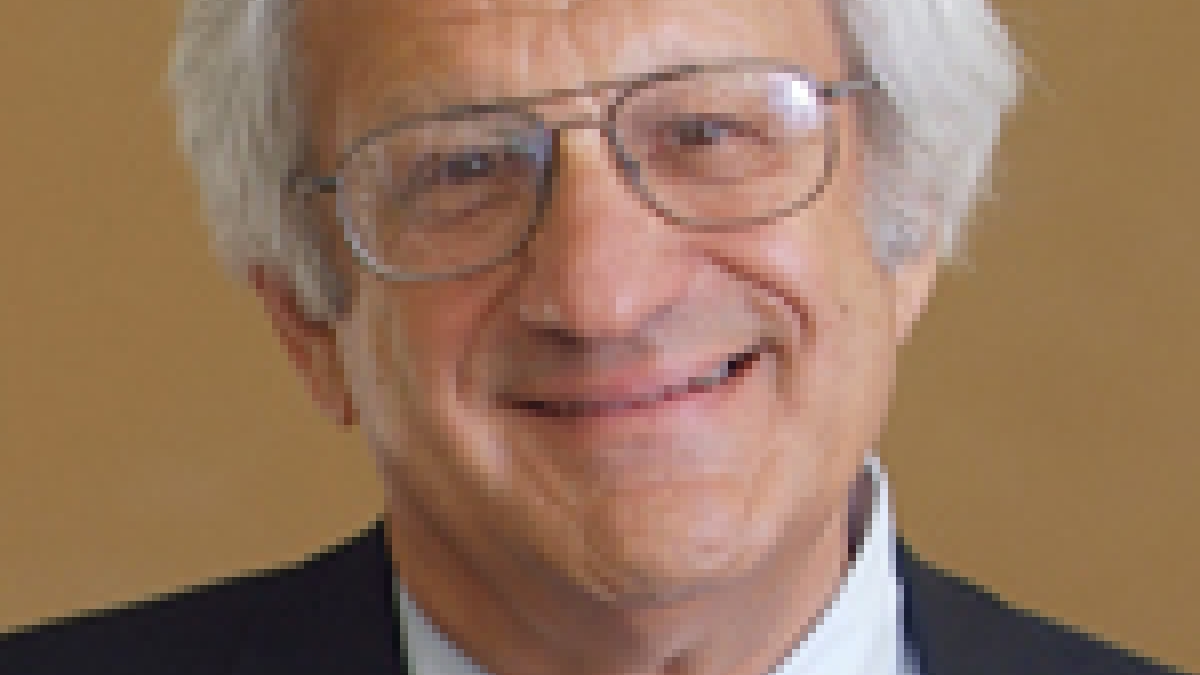Law faculty quoted in local media reports on SB 1070 arguments

Faculty experts at the Sandra Day O’Connor College of Law were quoted in local news stories about the April 25 oral arguments in the U.S. Supreme Court on Senate Bill 1070, Arizona’s controversial immigration-enforcement legislation.
The case, Arizona v. United States, centers on a law passed by Arizona lawmakers two years ago that requires local police to check the immigration status of a criminal suspect if they have “reasonable suspicion” that the suspect is in the country illegally. The Obama administration sued to block the law, and most of the law is on hold during the appeal.
In an article, “Key issues to watch in SB 1070 hearing,” published on April 22, Paul Bender, professor and dean emeritus, told Alia Beard Rau of The Arizona Republic that this case will be tough for the federal government to win. If the justices break down along the conservative/liberal block, he said, – including Justice Anthony Kennedy – could lean toward allowing the state to enforce SB 1070. Or Kennedy could go the other way, and there’s the 4-4 tie and no winning opinion, Bender said.
“The only way the liberals can get an opinion on their side in this case it to get the people from the conservative side,” Bender said. “Chances are, at most, one of them is going to side with the federal government and that would be Kennedy. But anything’s possible.”
Bender said this court does not have as much of a record of rulings in the areas of immigration and pre-emption as it does in other areas such as free speech, abortion or equal protection. This makes predictions difficult, he noted.
“Is immigration something where people like (John) Roberts or (Samuel) Alito or (Antonin) Scalia or (Clarence Thomas) might take a different position that we generally think of as liberal because immigration is different?,” he said. “This issue really is not liberal versus conservative. This issue is federal authority versus state authority.”
To read the article, click here.
In an April 21 article, “Court’s review of SB 1070 provokes dozens of briefs,” also by Rau, Bender said the Supreme Court clerks will read all the briefs, and the justices will take notes of at least some of them.
“If I’m a justice, I pick those I’m interested in,” he said. “I pick ones from people I know, organizations I care about.”
To read the article, click here.
Bender was also quoted in an April 22 East Valley Tribune article, “Arizona’s immigration law gets its day in U.S. Supreme Court,” by reporter Howard Fischer. Bender said that, everything else being equal, the conservative justices tend to side with the state in any legal battle.
He also said while the justices are looking at the legal issues, they are not immune to what is going on around them. That includes a hearing the day before at the U.S. Senate Judiciary Committee, where one of the scheduled witnesses is former state Sen. Russell Pearce, the sponsor of the law.
“They read the papers,” Bender said. “If Russell Pearce should look like a crazy man in that hearing and comes across as anti-immigrant, anti-federal government, a loose cannon, that would hurt the state.”
To read the article, click here.
Also in The Republic, in an April 22 article by Rau, professor Carissa Byrne Hessick said attorneys may focus not on whether the state can enforce federal immigration law, but on how many, and which, legal cases to pursue.
“The federal government has made it clear that their priority, when it comes to immigration enforcement, is people who are both here and unauthorized and have a criminal background,” she said. “Arizona is saying the federal government should have 100 percent enforcement, and because it doesn’t, we are going to enact our own laws that allow us to enforce in situations where the federal government doesn’t.”
To read the article, click here.
Hessick was also featured in an April 20 segment on Arizona Public Media. Hessick said that SB 1070 is a “legal labyrinth.”
“It can be really confusing,” Hessick said. “There is quite a bit of substance and a number of sections.”
She said that the United States has a strong argument in the registration section, which requires state and local law-enforcement officers in Arizona to determine if people they question from other countries have registered with the federal government under federal immigration rules, based on field pre-emption. However, it has a more difficult argument when it comes to the section involving whether law enforcement officers can make warrantless arrests when someone is removable or has committed a removable offense, Hessick said.
To watch the video, click here.
Bender teaches courses on and has written extensively about U.S. and Arizona Constitutional Law. Professor Bender has argued nearly two dozen cases before the U.S. Supreme Court and actively participates in constitutional litigation in federal and state courts. He was a law clerk for U.S. Supreme Court Justice Felix Frankfurter and was Principal Deputy Solicitor General of the United States from 1993-1997.
Hessick teaches Criminal Procedure, Criminal Law and Federal Crimes. Professor Hessick is the author of “Arizona’s S.B. 1070: Separating Fact from Fiction,” and co-author of “A Legal Labyrinth: Issues Raised by Arizona Senate Bill 1070,” which has been cited in, among others, The Wall Street Journal and The Economist. She was the primary host of a national conference, “The Role of the States in Immigration Policy and Enforcement,” held at the law school in October 2010.

